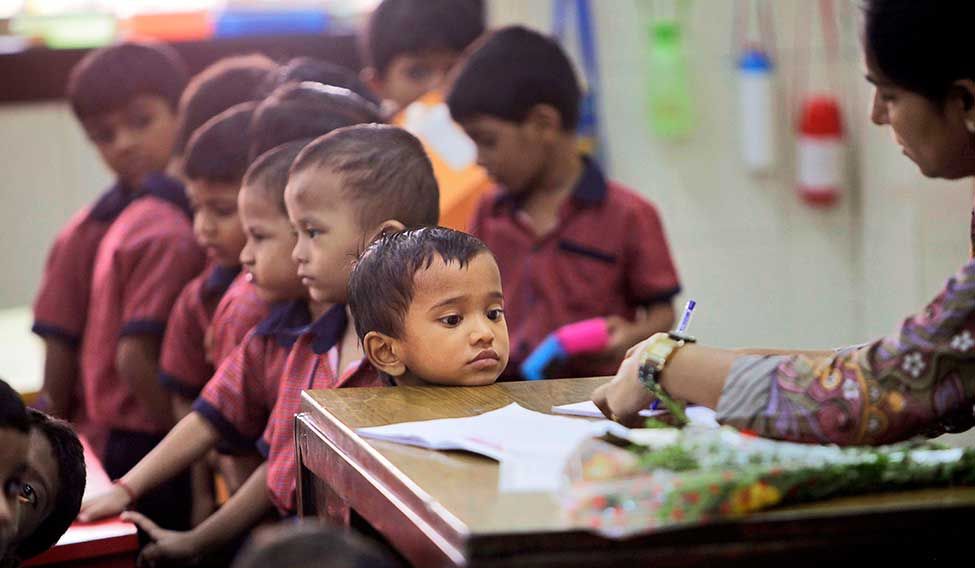In the first week of September, the ministry of human resource development (MHRD) will finally take a call on the ‘no detention policy’ in schools. According to section 16 of the Right to Education Act, which was implemented in 2010, all students are automatically promoted until they reach class 8.
The past four years saw a rise in the number of students failing the class 9 exams, especially in government schools. Most experts peg this trend on the ‘no detention policy’. The Annual Status of Education Report says half of the children cannot read.
The policy was enforced to ensure that dropout rates came down. It was based on the Continuous and Comprehensive Evaluation (CCE) programme, which looked at a student’s performance throughout the academic year as opposed to scores from term exams. The feedback now is that the policy has led to a lack of motivation for students. An MHRD official said the policy was modelled on the No Child Left Behind Act of 2001 in the US. The act, too, did not work out.
Last week, the reconstituted Central Advisory Board of Education (CABE) asked for a revocation of the policy. “Recently, at the CABE meeting, there was a consensus that the policy be scrapped and that every state should give it in writing in 15 days, which will lead the MHRD to take action. Children are promoted till class 8 without exams, when they cannot even write their names properly,” says Ghanshyam Goyal, additional director general (media & communication), MHRD. “Meetings have been held with parents and children, and everyone is in favour of scrapping this policy. Some states want the ‘no detention policy’ to be retained till class 3 or 5.”
Former MHRD director (elementary education) Dhir Jhingran said, “The basic issue is poor learning. Detention is not the answer to it. The solution is to figure out why learning is not happening. Figure out how the system can become more equitable rather than punish them.”
Jhingran said the right to education has been misinterpreted to scrap exams. He said the act called for “tests and assessments which should be spread out to improve learning, rather than annual exams”.
Janmejoy Khuntia, professor, Delhi University, said exams have been in force “right from the time of Mahabharata and Ramayana”. “[But], kids today face tremendous stress,” he said. “There would be further stress if they are detained up to class 5. Exams measure your pure mental strength. If you fear the exam, you have already failed. We need to make exams more student-friendly.”
There is also a political angle to detention. An example is West Bengal. Political pundits in the state say that the Jyoti Basu-led CPI(M) government (1977-2000) bagged rural votes with land reform, panchyati raj and education policies like no detention and no English at school level. Basu scrapped the ‘no detention’ policy in the 1990s. His successor, Buddhadeb Bhattacharya, continued the policy.
But, Chief Minister Mamata Banerjee reintroduced no detention up to class 8, with an eye on rural votes. Educationist Sunanda Sanyal quit a state advisory body over the decision. He told THE WEEK: “I could never believe that the new government would take such a retrograde step, which would take the state two decades back. Basu had introduced the policy, but in the 1970s and 1980s such a policy could have some justification. But, today?”






